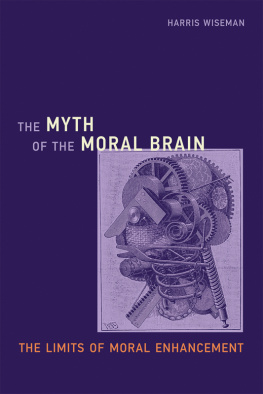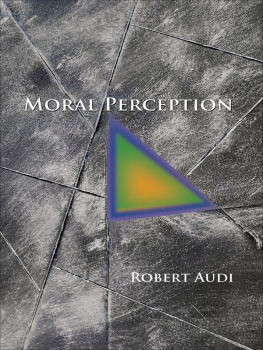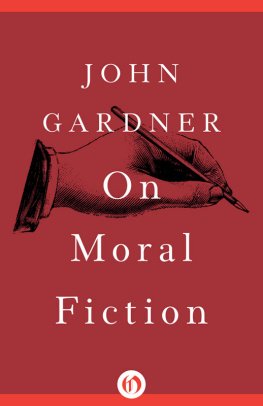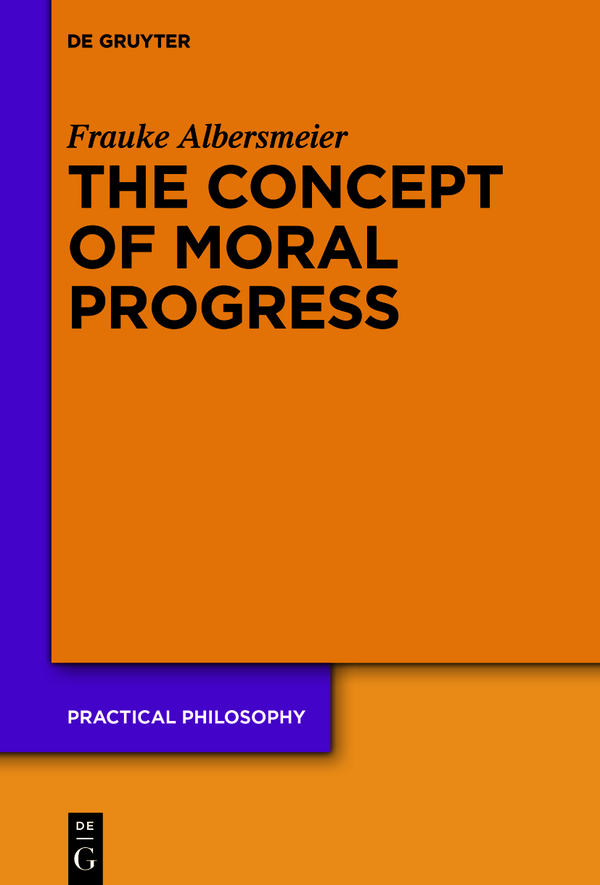Practical Philosophy
Edited by
Herlinde Pauer-Studer
Neil Roughley
Peter Schaber
Ralf Stoecker
Volume
ISBN 9783110798838
e-ISBN (PDF) 9783110798913
e-ISBN (EPUB) 9783110799019
Bibliographic information published by the Deutsche Nationalbibliothek
The Deutsche Nationalbibliothek lists this publication in the Deutsche Nationalbibliografie; detailed bibliographic data are available on the Internet at http://dnb.dnb.de.
2023 Frauke Albersmeier, published by Walter de Gruyter GmbH, Berlin/Boston // The book is published with open access at www.degruyter.com.
This work is licensed under the Creative Commons Attribution 4.0 International License.
Introduction
It is part of the self-image of members of many cultures that they belong to progressed societies. Industrially developed liberal democracies are typically regarded (at least from within) to be the result of progress in many different realmstechnological, scientific, and political. Certain groups within these societies do not merely view themselves as progressed but also mark their political outlook as progressive, associating certain socio-political agendas with the perpetuation of a presumably progressive project. While such agendas typically revolve around distinctly moral considerations pertaining to the protection of the interests of individuals, the case for supposedly politically progressive objectives is rarely cast in the language of moral progress.
Many of us welcome progress with respect to values such as equality, social inclusion, political participation. Some moral agents are actively involved in working toward these changes and in battling what they see as moral evils, such as the failure to aid people fleeing hunger and terrorism, the practice of animal experimentation, or the destruction of ecosystems. But we rarely address any of these causes as manifestations or instances of a need for moral progress. Talk of moral progress is notably absent from moral discourse. Until recently, this was true of discourse in moral philosophy, and it continues to be the case for public discourse. This absence is puzzling because as moral agents, we should be expected to be interested in determining how we are doing morally, how we are doing compared to those that have come before us and lived in less progressed circumstances, and whether our efforts contribute to a more comprehensive development toward the better or whether we are treading water. Yet, these questions are not discussed in terms of moral progress.
There are several possible reasons why appeals to moral progress are often eschewed. An aversion to moralizing debates might play a role, as well as the intention to avoid being presumptuous in issuing judgments of moral progress (or moral judgments more generally, for that matter), but also an uncertainty about whether specific achieved changes constitute moral progress or whether there has been moral progress, all things considered. Maybe moral agents in general have a bleaker outlook: maybe they doubt that further moral progress is even possible or feel that progress has become obsolete and our mission as moral agents is rather to form the resistance to the perpetual danger of relapse (Adorno 2003, 145). Rather than holding reservations against the idea of moral progress or applying the notion of moral progress in normative discourse, the agents participating in this discourse might simply not see any need to speak of moral progress. Those who are working to advance certain causes for moral reasons care about these causes rather than progressor moral progressas such. Furthermore, where there is need to mark a change for the morally better explicitly, it might be the case that the notion of progress itselfwhere progress remains unspecifiedis thought to suffice, because progress is already regarded as somewhat morally loaded. But the idea of moral progress is not superfluous or redundant. We miss something if we never ask whether change for the better is moral progress and if we never think of our moral goals in terms of moral progress.
The relative absence of the concept of moral progress from our moral discourse is also puzzling because, supposedly, the idea of moral progress is highly important motivationally for moral agents. Michele Moody-Adams claims as much when she says that it is a necessary presupposition of action for beings like us (Moody-Adams 2017, 153). In fact, the present volume will expand on existing views of the motivational significance of belief in the possibility of moral progress. Even in its most abstract form, the idea of moral progressmoral improvement, wherever it may leadmight be a proper object of a moral agents desiresomething to strive for, despite its abstractness. This idea will be vetted in the final chapter, which will carve out an even more positive motivational role for the concept of moral progress than it has been assigned so far.
If we assume that moral agents do care about how they do morally, when we observe that they do fight for moral causes and contrast this with the lack of explicit appeals to the notion of moral progress, we find that the concept of moral progress plays a largely implicitbut not insignificantrole in our moral lives. The aim of the present investigation is to make the concept of moral progress explicit. Uncertainty about the existence or the possibility of moral progress can only be removed once uncertainty about the content of the concept has been removed. Judgments about the occurrence of moral progress serve our moral orientation by marking accomplishments and goals ( 2.3.). They can be better articulated and justified based on a clear grasp of what they attribute to the evaluatee.
The little attention that has been given to moral progress thus far contrasts with the way the more general idea of progress has been treated. Progress in the general sense is a recurring theme in the history of philosophy, perhaps associated foremost with the era of Enlightenmentwhere it was proposed as a viable possibility and an objective (Condorcet 1963) as well as criticized (Rousseau 1965). It has received attention as a historiographical idea in philosophy (Bury 1920) as well as criticism for serving as a self-applied accolade (e.g., Lasch 1991) and today, some find it necessary to come to its defense and express opposition to a diagnosed contemporary skepticism toward progress (Pinker 2018). Progress in general is, however, not the topic here. We will be concerned with moral progress, a concept that continues to be an underexplored topic in philosophy.
There are few book-length investigations into the topic of moral progress and the ones that exist focus on other aspects than the development of a detailed account of the concept moral progress . These works share an interest in reconciling the idea of moral progress with a naturalistic picture of (human) moral agents and the preconditions of morality. Peter Singer might be credited with reviving interest in the topic of moral progress with his book The Expanding Circle (2011), first published in 1981. Therein, he proposed the idea that moral progress consists foremost in the enlargement of the domain of moral concern, i.e., in recognizing more beings as worthy of moral consideration. He also dealt in length with the compatibility of the idea of moral progress with the fact that human moral capacities are products of evolution. This theme is picked up in recent additions to the still limited debate about moral progress. Philip Kitcher is also concerned with a naturalist account of moral progress in his book










